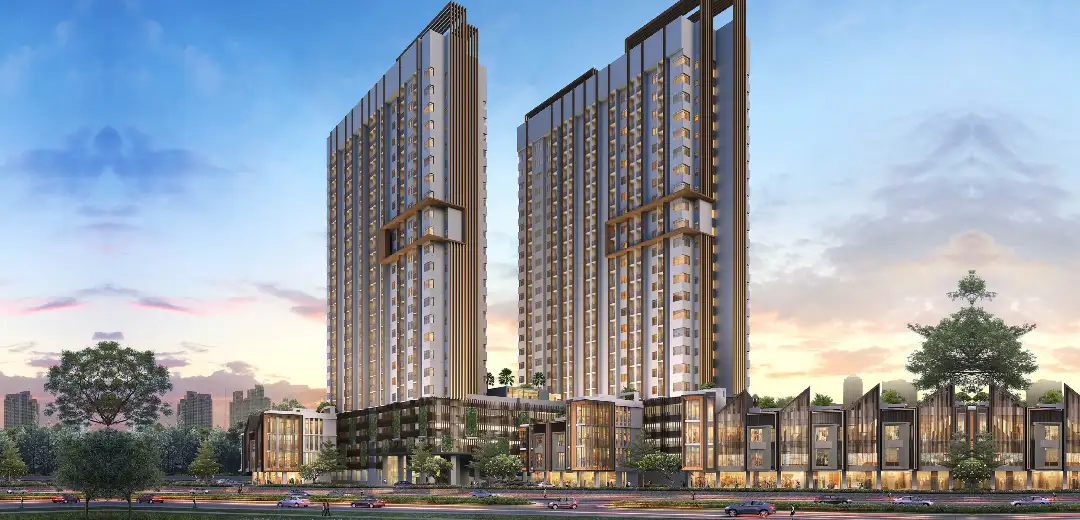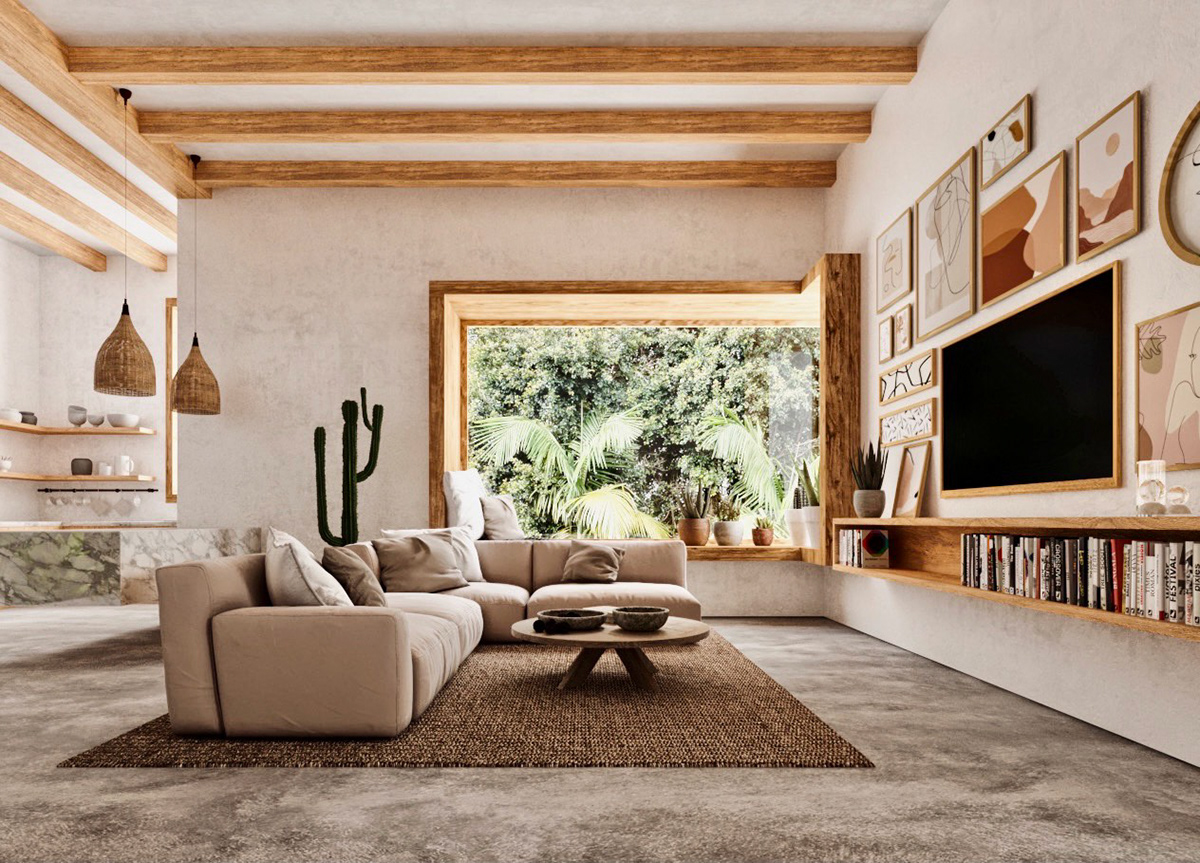
In the perennial debate of renting versus buying, the choice becomes even more nuanced when it comes to apartments. The decision to rent or buy an apartment involves a myriad of factors, ranging from financial considerations to lifestyle preferences. In this article, we will delve into the key aspects that can help you make an informed decision on whether renting or buying is the better option for apartments.
Financial Considerations:
- Upfront Costs:
- Renting: Typically, renting requires a smaller upfront investment. Security deposits and possibly the first month’s rent are common requirements.
- Buying: Purchasing an apartment involves substantial upfront costs, including a down payment, closing costs, and other associated fees.
- Monthly Expenses:
- Renting: Monthly rent is the primary expense, and it usually includes utilities. Renters are not responsible for property taxes and maintenance costs.
- Buying: While mortgage payments are a significant part, homeowners also need to budget for property taxes, homeowner’s insurance, maintenance, and possibly homeowners association (HOA) fees.
- Building Equity:
- Renting: Rent payments do not contribute to building equity. However, this may be a favorable option for those looking for flexibility and not wanting to be tied down to a specific property.
- Buying: Mortgage payments gradually build equity, offering a long-term investment. Homeownership can be seen as a forced savings plan.
Lifestyle Considerations:
- Flexibility:
- Renting: Renting provides flexibility, allowing you to move more easily for job changes or lifestyle preferences without the complexities of selling a property.
- Buying: Homeownership may limit flexibility, but it offers stability and the opportunity to personalize your living space.
- Maintenance Responsibility:
- Renting: Maintenance responsibilities typically fall on the landlord. If a pipe bursts or the roof leaks, it’s the landlord’s obligation to fix it.
- Buying: Homeowners are responsible for maintenance and repairs. While this offers control over the property, it also requires time and financial investment.
- Market Trends:
- Renting: Rent prices can fluctuate based on the rental market, but renters are generally less affected by real estate market trends.
- Buying: Property values can appreciate, providing potential financial gains. However, economic downturns can lead to decreased property values.
Making the Decision:
- Short-Term vs. Long-Term Goals:
- If you anticipate relocating in the near future, renting may be the more practical choice. For long-term stability and potential financial growth, buying may be preferable.
- Financial Stability:
- Consider your financial situation. If you have a stable income, good credit, and can afford the upfront costs of buying, it might be a favorable time to invest in homeownership.
- Personal Preferences:
- Assess your lifestyle and priorities. If you value flexibility and want to avoid the responsibilities of homeownership, renting may be the better fit. If you seek stability and the freedom to customize your living space, buying could be the right choice.
In the end, the decision between renting and buying an apartment is highly individual. There is no one-size-fits-all answer, and both options have their merits. Analyzing your financial situation, lifestyle preferences, and long-term goals will guide you toward the choice that aligns with your unique circumstances. Whether you choose to rent for flexibility or buy for investment, understanding the implications of each decision is crucial for a housing choice that suits your needs.


